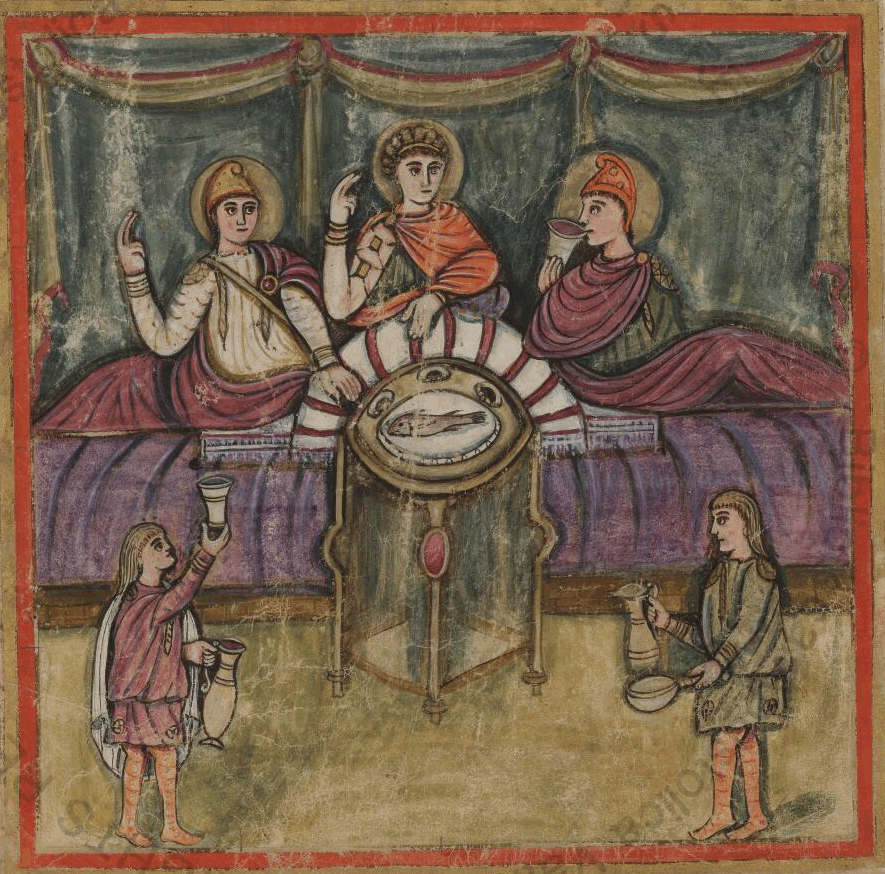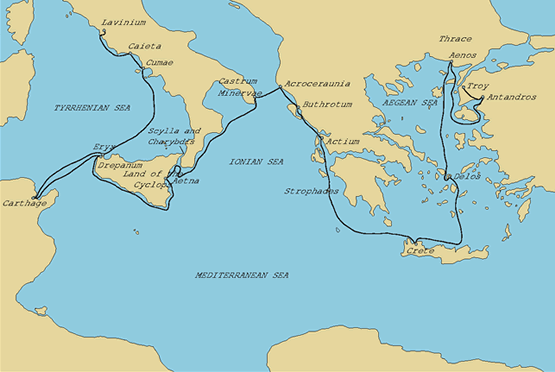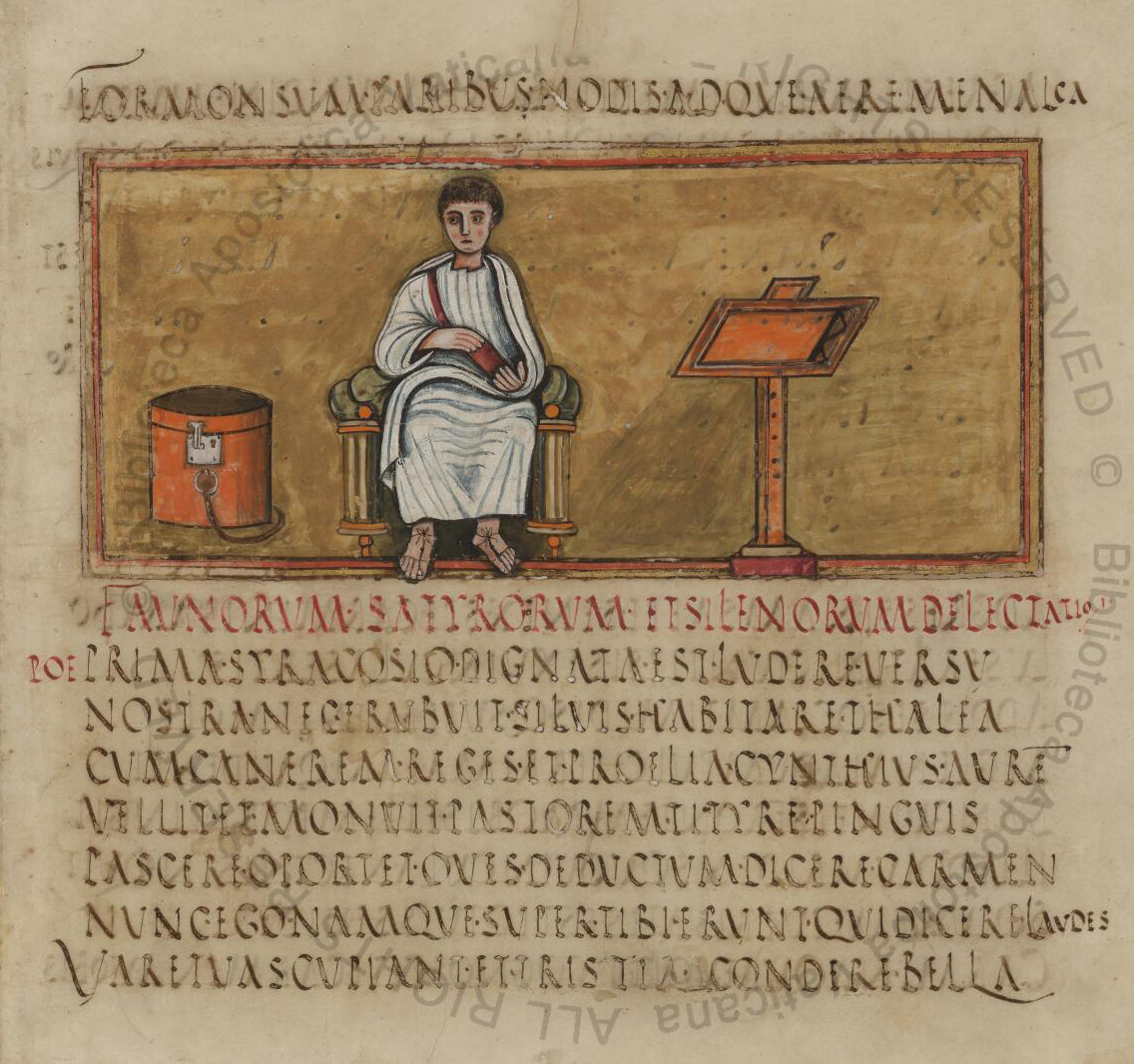
Portrait of Vergil ("Vergilius Romanus", 5th century CE illustrated manuscript)

Portrait of Vergil ("Vergilius Romanus", 5th century CE illustrated manuscript)
Key to Exam #1
Publius Vergilius Maro (Vergil): reinterpreted & reinvented throughout European & American literature, central in humanist discussions of western culture

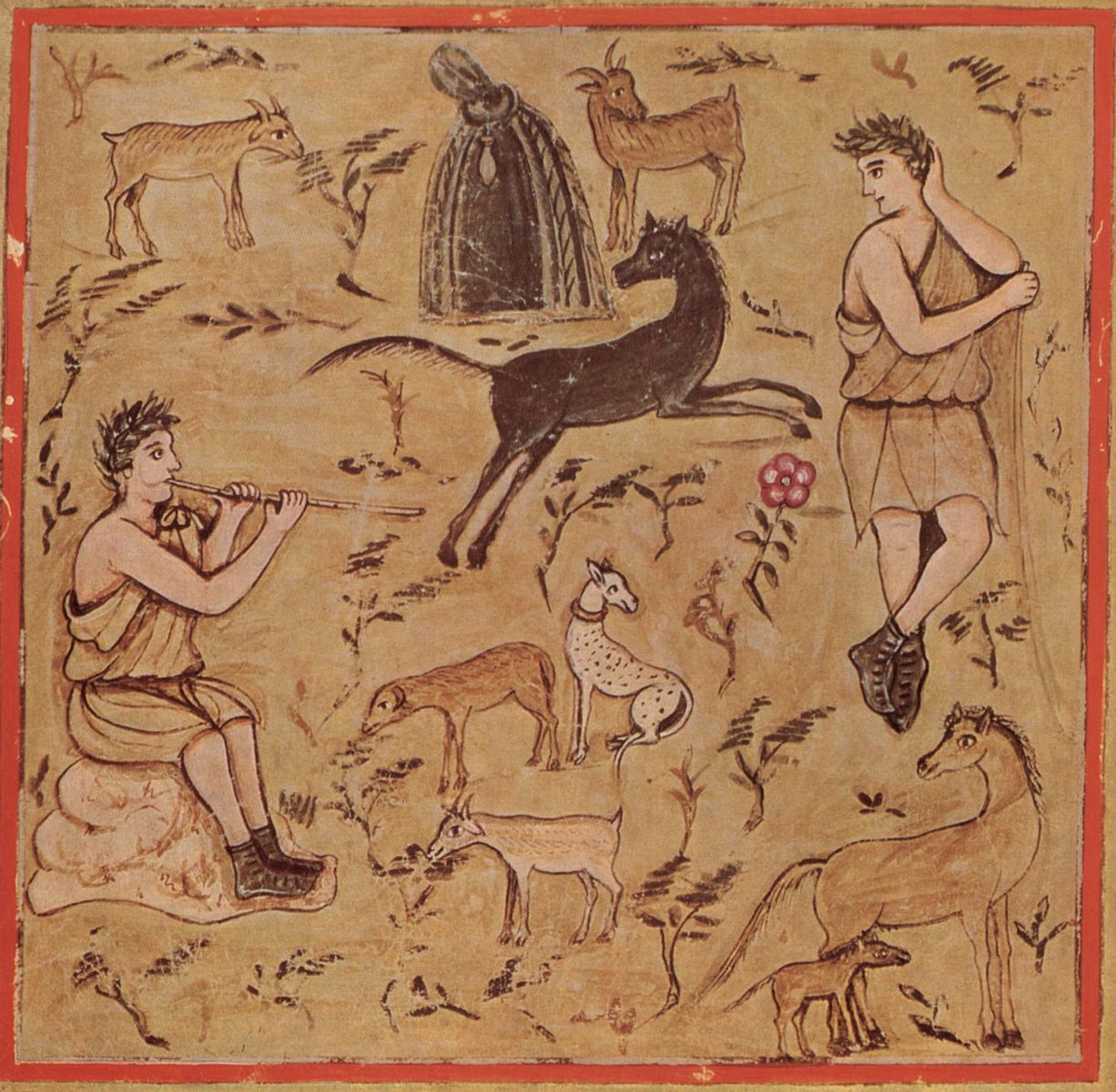
.jpg)
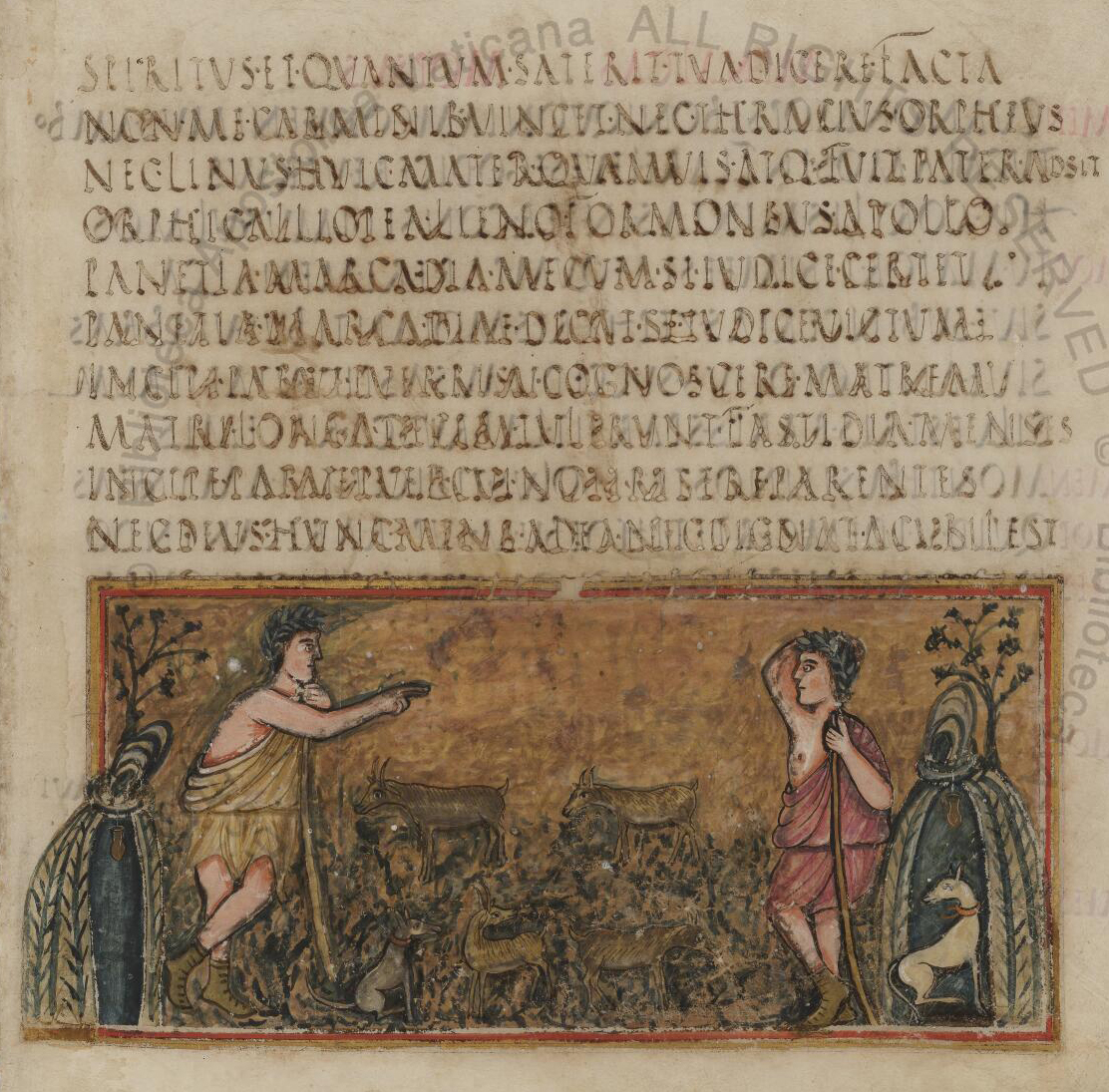
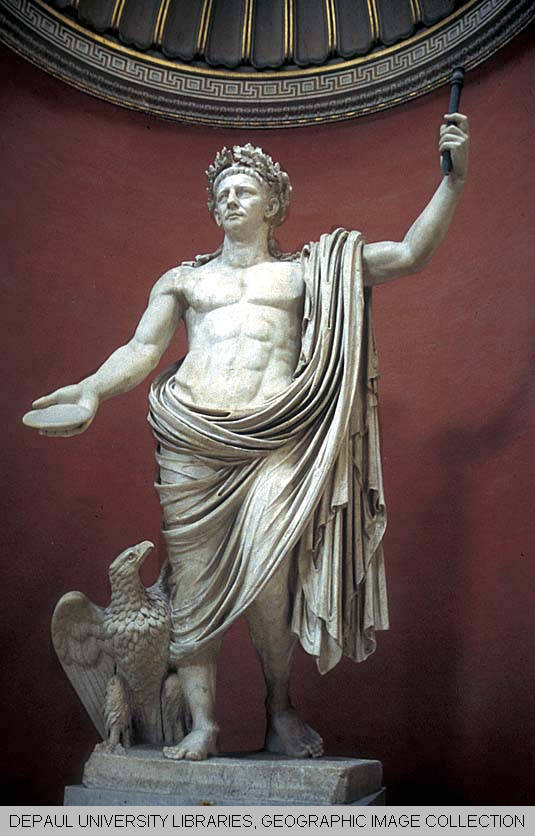

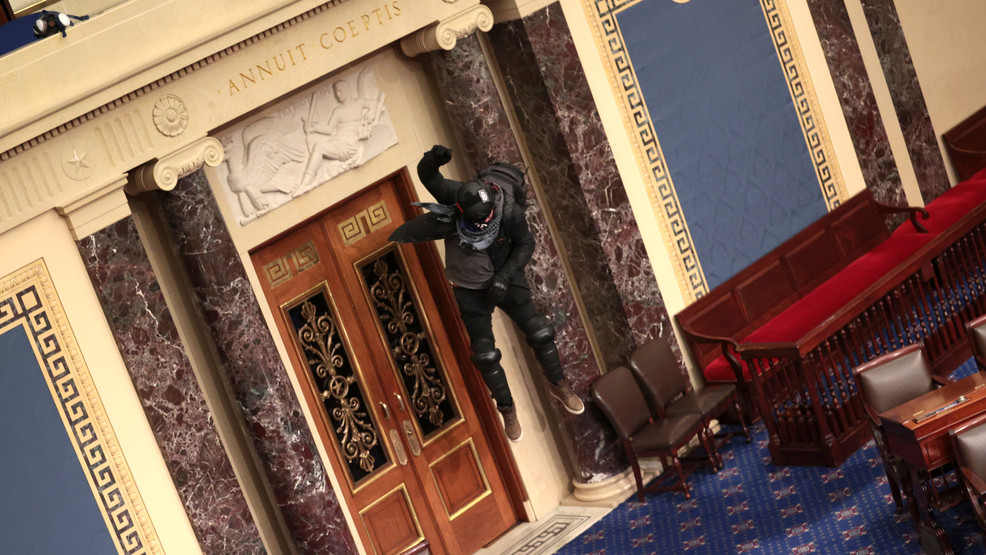
.jpg)
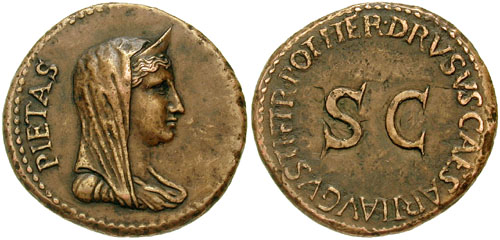
Aeneid 1.1
arma virumque cano (“My song is of war and a man . . .”)
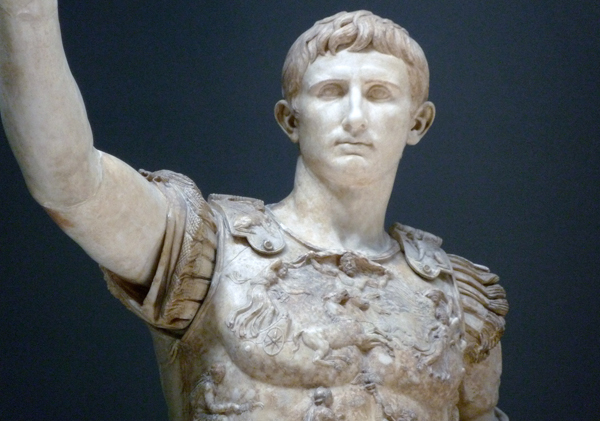
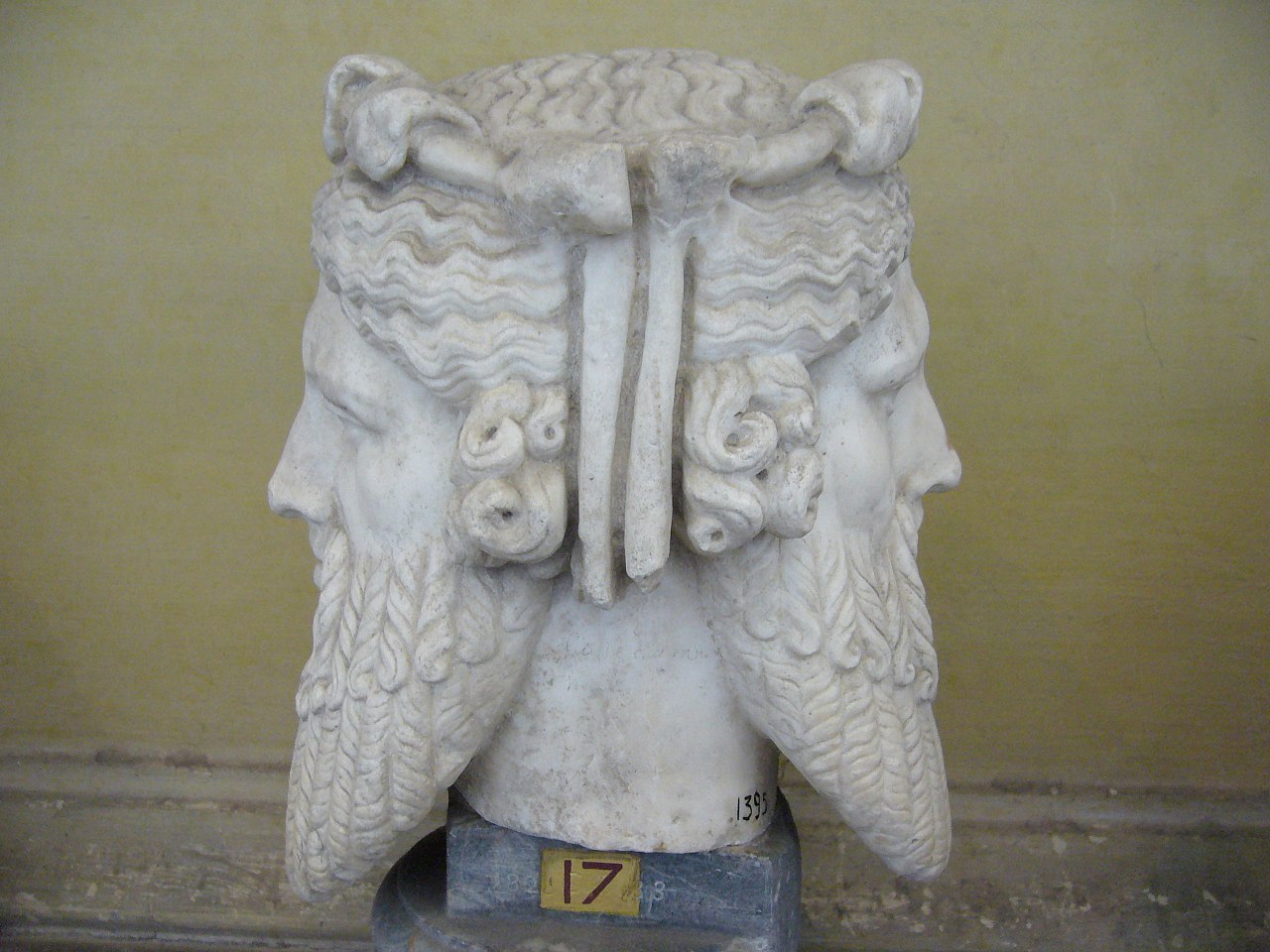
Aeneid 1.485-8 (Hector's death – an Alexandrian nod to alternate story?)
Aeneas groaned deep in his heart, when he saw
the spoils, the chariot, the very body of his
friend, and Priam stretching out defenseless hands.
He saw himself as well, mixed in with the Greeks . . .*
*Dionysius of Halicarnassus, Roman Antiquities 1.48.3-4
But Menecrates of Xanthus [4th century BCE historian] says that Aeneas betrayed the city to the Achaeans out of hatred for Paris and that because of this service he was permitted by them to save his household. His account, which begins with the funeral of Achilles, runs as follows: "The Achaeans were oppressed with grief and felt that the army had had its head lopped off. However, they celebrated his funeral feast and made war with all their might until Ilium was taken by the aid of Aeneas, who delivered it up to them. For Aeneas, being scorned by Paris and excluded from his prerogatives, overthrew Priam; and having accomplished this, he became one of the Achaeans."
